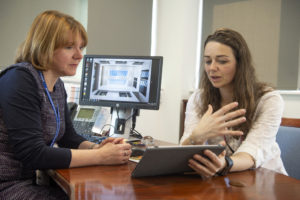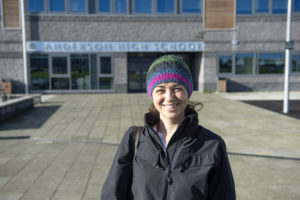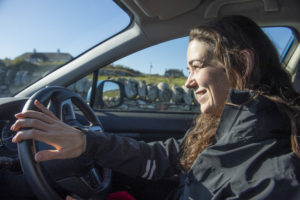Keri Ratter
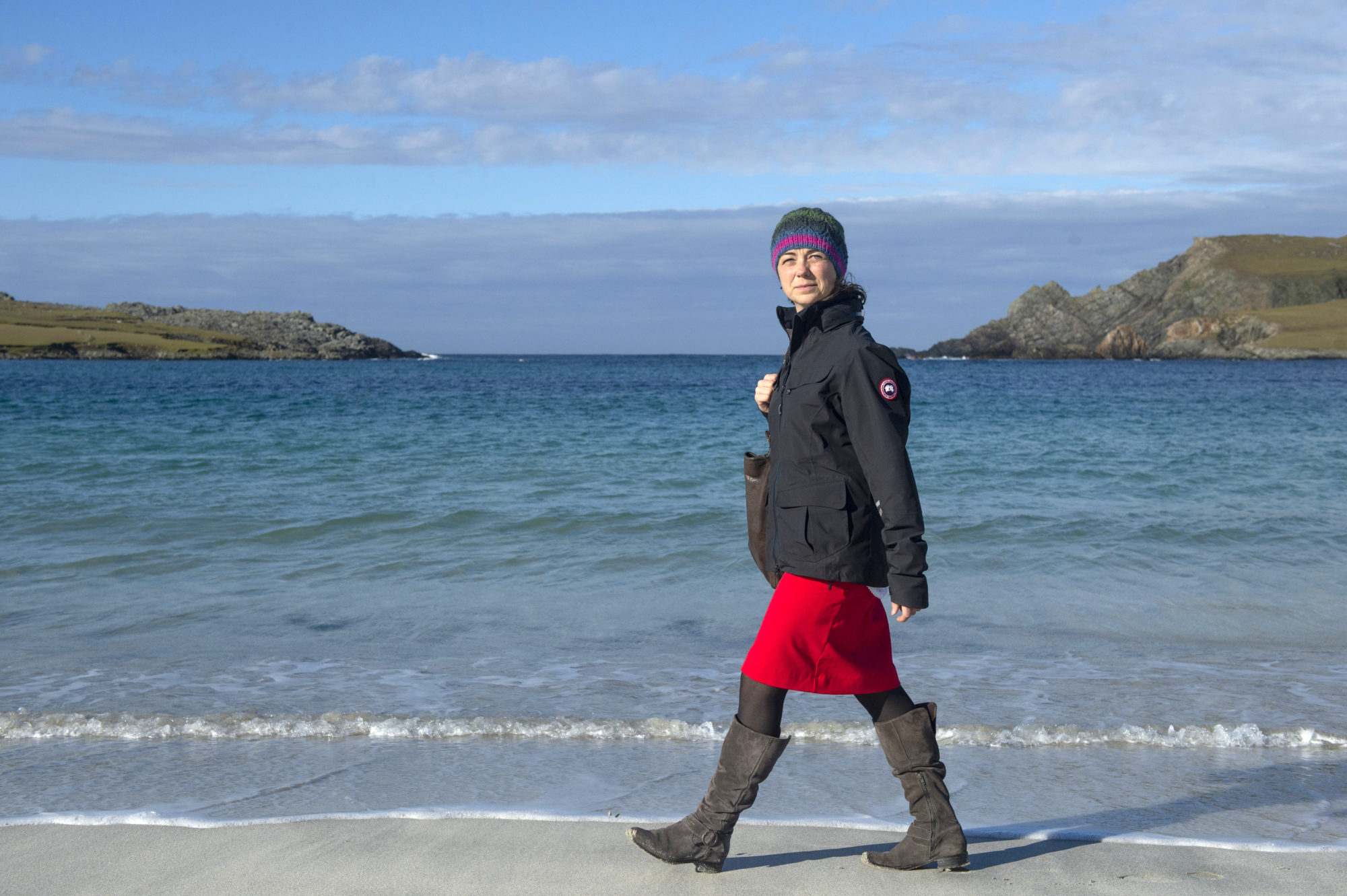
Keri Ratter works as a school nurse in Shetland and is passionate about delivering the right care for children and young people across the islands.
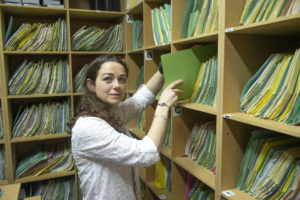 I grew up reading the Twinkle comic and I cherished my Nurse Nancy badge I received as a little girl – I still have it to this day. I’m a great talker and I believe the key to all nursing is good communication, so I guess I knew early on that I would work with people in a caring role. I started my nurse training at Robert Gordon University and after qualifying I spent five years working in hospital as a children’s nurse in Aberdeen. I always knew I wanted to move back to Shetland and when I returned I worked initially in bank nursing – covering for the community children’s nurses and doing hospital shifts. I then did my health visitor training which also covered the school nursing role. This is when I just knew I had found my niche. I loved having more one-to-one contact with children and I felt instantly it was what I wanted to do. I really believe that I can make an impact in this role – I just want to do my best for the kids.
I grew up reading the Twinkle comic and I cherished my Nurse Nancy badge I received as a little girl – I still have it to this day. I’m a great talker and I believe the key to all nursing is good communication, so I guess I knew early on that I would work with people in a caring role. I started my nurse training at Robert Gordon University and after qualifying I spent five years working in hospital as a children’s nurse in Aberdeen. I always knew I wanted to move back to Shetland and when I returned I worked initially in bank nursing – covering for the community children’s nurses and doing hospital shifts. I then did my health visitor training which also covered the school nursing role. This is when I just knew I had found my niche. I loved having more one-to-one contact with children and I felt instantly it was what I wanted to do. I really believe that I can make an impact in this role – I just want to do my best for the kids.
I am currently the lead School Nurse of a newly developed team, with new staff who are embracing a restructured way of working. All but myself are new to community nursing and the team was brought together at a time when the new national school nursing pathway is being introduced.
Therefore, my work is busy, changing, challenging and developing. My day can start with a visit to the high school where I will meet with pupils to support their emotional and mental wellbeing. I will also meet with staff at the school where we will discuss the developing school nurse service.
Back at the office, I’m maintaining the work and contact with social workers, teachers, police and voluntary organisations, as well as colleagues on the team.
I have built on the school nursing service which was in place when I came into post. With time, I aim for a service which is more active and accessible to all schools and home-schooled children in Shetland. Examples of this include setting up a school drop-in service at two schools and I aim for this to become available in all secondary schools. I established a pilot project where pupils with an attendance of below 80% all have a health review to assess if ill-health or emotional wellbeing is having an impact on their attendance. Pupils are now initiating contact themselves and I see this as a demonstration of the trust and support they can access from the team.
 The school nursing service in Shetland involves covering 29 schools – a total of almost 1,400 secondary pupils and around 1,800 at primary level, as well as home schooled children. The school size varies, from only a handful of pupils in the entire school to around 900 in the biggest high school. Travel is all over the islands – it can take three-and-a-half hours on a ferry to reach the furthest away school from my base in Lerwick.
The school nursing service in Shetland involves covering 29 schools – a total of almost 1,400 secondary pupils and around 1,800 at primary level, as well as home schooled children. The school size varies, from only a handful of pupils in the entire school to around 900 in the biggest high school. Travel is all over the islands – it can take three-and-a-half hours on a ferry to reach the furthest away school from my base in Lerwick.
I was born and brought up in Shetland and have chosen to work here and raise my own family. When not at work I have a motorbike, I like to go for a ride to clear the cobwebs when I have a chance, and I used to like touring across Scotland and Europe. Opportunities to do this these days are slightly hampered with having a three-year-old and I’m usually found walking in my spare time, especially near the cliffs and beaches. Growing up in Shetland, I’ve always felt a tie to the sea. If you can see the sea you can travel away and back.
 I am using my Queen’s Nurse issue for development to focus on this goal to ensure an equitable and accessible school nursing service for the whole of Shetland.
I am using my Queen’s Nurse issue for development to focus on this goal to ensure an equitable and accessible school nursing service for the whole of Shetland.
It is the development of the Mental Health and Wellbeing Pathway I am focussing on. I plan to set up a system where pupils can self-refer and also be referred to the school nursing team.
This means allocating each school, including those that require ferry or plane journeys to reach, with a named school staff nurse. I am responsible for ensuring all the staff nurses have had sufficient training, mentoring and time to develop their skills so they are able to build supportive relationships with pupils and support the schools themselves with mental health and wellbeing issues.
I have a strong core value that all the children and young people should have access to an equal, fair and positive school nurse service even on the most remote of islands. I have a determination that this is the service that we will develop to the highest standard.
The Queen’s Nurse programme has increased my resilience and my drive in what I can and will achieve. It has taught me new techniques that I have brought to the team.
As a nurse, I strongly believe that we have a duty to give the best service we can, and for me this is especially so for children and young people. Giving them the best start in life will have a lasting impact for years to come, for themselves and for those they have contact with, encouraging skills for satisfying, fulfilling, and healthy lives. As community nurses, and especially as Health Visitors and School Nurses, we have access to families and communities, and so the contact expands from that of just one patient. This is a huge opportunity and privilege.
I am bursting with enthusiasm for what the school nursing team can achieve in helping young people reach their full potential
